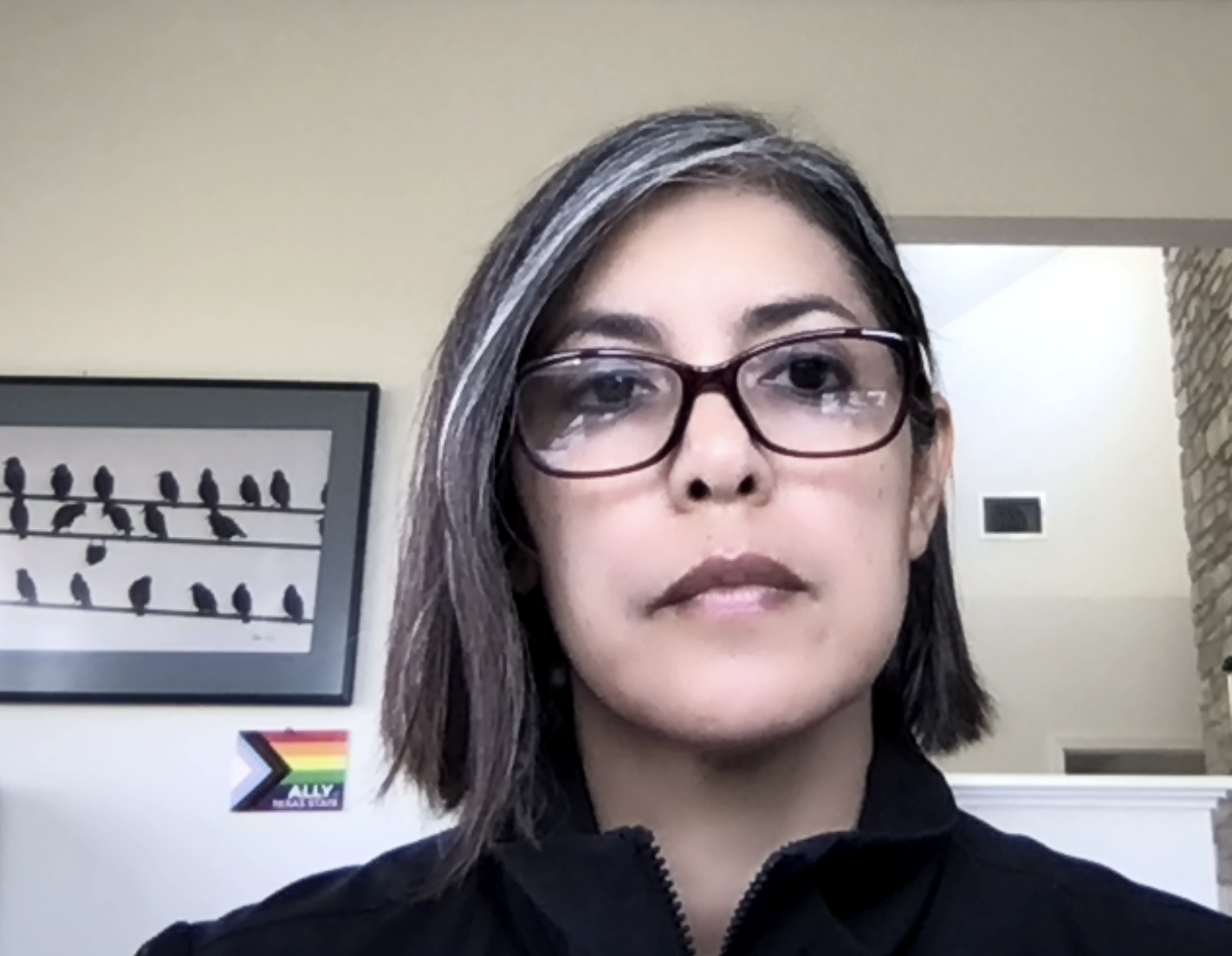Ludim Pedroza

Ludim Pedroza is Associate Professor of Musicology in the School of Music at Texas State University, San Marcos. Ludim studies the crossroads between music and various forms of Western idealism. Their article “Merengue Meets the Symphony Orchestra” (American Music, 2014) investigates the place of Latin American dance genres in the Progressivist idealism of the Los Angeles Hollywood Bowl. Their pieces on El Sistema examine the history of Venezuela’s system of orchestral education and its parallel platforms with the Romantic Idealism of the U.S. music academy [“Music as Life-Saving Project,” Symposium, 2014; “Of Orchestras, Mythos, and the Idealization of Symphonic Practice,” Latin American Music Review, 2015]. “Music as Communitas” (JMR, 2010) traces the historical formation of the concept of the musical work to Franz Liszt and Clara Schumann’s individual brands of Romantic Idealism.
At present, Ludim investigates the words and metaphors musicians and scholars invest on the experience of musics rich in percussiveness—musics long excluded by the idealisms of the music academy. In their presentation “Of Pantofonía, Psychology of Music, and The Heterogenous Sound Ideal” (AMS 2022), Ludim argued that many Afro-Caribbean musics epitomize textures in which plurality of timbre is a pivotal aesthetic result. Musicians build this pantofonía with a broad spectrum of sound—piano, strings, winds, brass, voices, skins, woods, metals, shouting, clustering, and more. Salsa lore documents metaphors—masacote, stew, washing machine—suggestive of how salsómanes (genre aficionados) reformulate these acoustic scenes as irreducible auditory scenes—as composite tone color mosaics, in the words of Olly Wilson (1937-2018). Ludim’s work goes on to critique the scientific discourses we project onto percussiveness and timbral heterogeneity, to identify how musicians and music scientists bolster dualities that are ripe for scrutiny (e.g. music vs. noise, human vs. nature), and to propose ethical pathways at the junctions between the arts and the sciences.
Ludim teaches sections of the post-classic-era undergraduate music history courses, as well as graduate courses in the music and aesthetics of the Caribbean, Mexico, and the United States.
A native of Venezuela, Ludim studied piano for ten years at the conservatory Vicente Emilio Sojo in the city of Barquisimeto. Consequently, they earned B.A. and M.A. degrees in piano performance from Antillean College (Puerto Rico) and West Texas A&M University, and the Interdisciplinary PhD in Fine Arts from Texas Tech University.
Selected Presentations:
November 2022: “The Music of Climate Collapse.” Music, Sound, and Climate Justice Conversations, New Orleans, USA.
November 2022: “Of Pantofonía, Psychology of Music, and the Heterogenous Sound Ideal.” American Musicological Society/Society for Ethnomusicology/Society for Music Theory Joint Annual Meeting, New Orleans, USA.
July 2020: “A Trombone from the Bronx: Barry Rogers as Architect of the Salsa Genre.” Society for American Music National Virtual Conference.
March 2017: “Theorizing ‘Latin Pops’: Juan Luis Guerra and the Los Angeles Philharmonic at the Hollywood Bowl.” International Musicological Society, 20th Quinquennial Congress in Tokyo, Japan.
Selected Articles and Book Chapters
“Latin Music Studies at Texas State University: The Undergraduate Minor in Mariachi and Its Implications for Expansive Curricula in Mainstream Institutions of the United States.” Pp. 135-154. In CollegeMusic Curricula for a New Century. Edited by Robin Moore. New York: Oxford University Press, 2017.
“The Joropo in Venezuela’s Musical Modernity: Cultural Capital in José Clemente Laya’s Sonata Venezolana.” Musicological Annual 52, No. 1 (2016): 51-72.
“Of Orchestras, Mythos, and the Idealization of Symphonic Practice: The Orquesta Sinfónica de Venezuela in the (Collateral) History of El Sistema.” Latin American Music Review 36, No. 1 (Spring/Summer 2015): 68-93.
“Music as Life-Saving Project: Venezuela’s El Sistema” in American Neo-idealistic Imagination.” Symposium: Journal of the College Music Society 54 (Spring 2014): 17,193 words,
“Music as Communitas: Franz Liszt, Clara Schumann, and the Musical Work,” Journal of Musicological Research 29, No. 4 (2010): 295-321.
